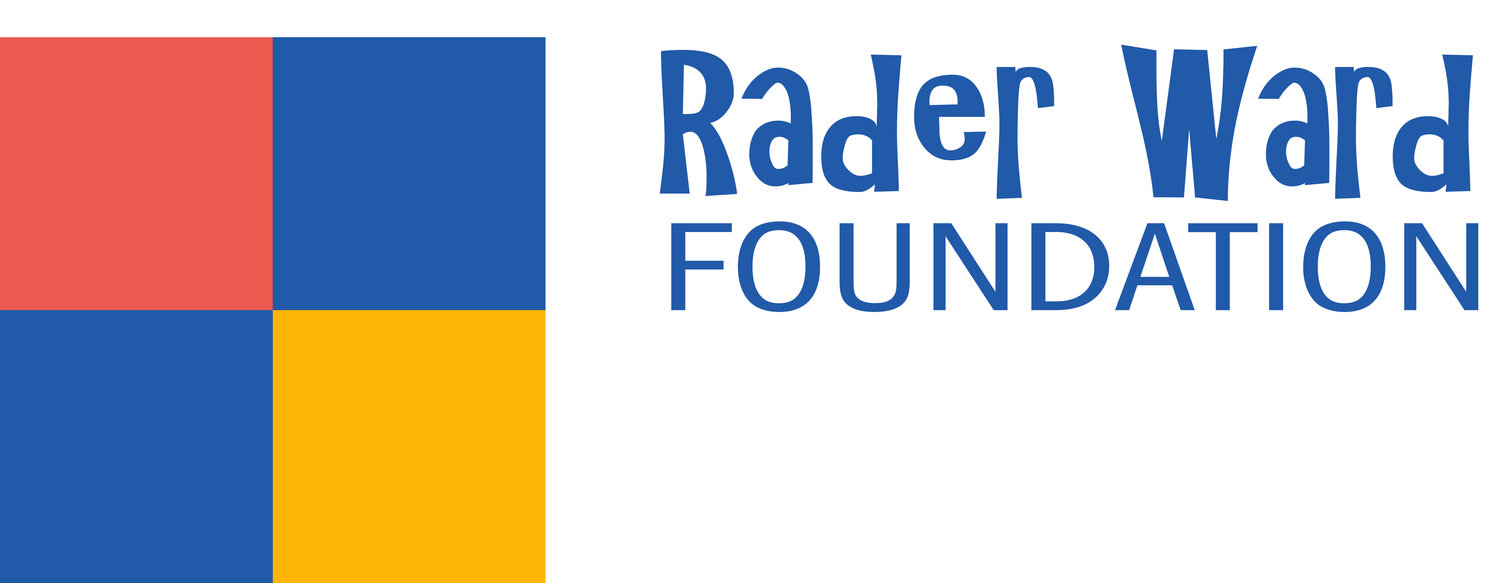February 11, 2020
As I read the introduction below (from about two years ago, shortly after my daily writing course ended), I have a couple of reactions. 1. I took a long break this fall from daily writing, but I’m glad to be back at it now. 2. I still like the idea of posting a piece of writing weekly, but since I haven’t been doing it on any kind of regular schedule at all, I think maybe once or twice a month is a better place to start without putting too much pressure on myself.
Also, this piece is the last of the ones I had saved in my “drafts” folder for future posts. So now I’d really better write some new stuff!
February 22, 2018
My grief writing course has ended, but I still am writing every day. I decided I'd like to publish something for you all to read, maybe weekly? I haven't set myself a firm schedule yet. But here's today's.
---
There's a twice-monthly podcast called Criminal, hosted by Phoebe Judge and published out of Durham, N.C. A recent episode, "The Mothers," follows three women who belong to an organization called Parents of Murdered Children. The women speak poignantly about how hard it is for them to relate to others, even including other parents who have lost children, because losing a child to an act of violence is a vastly different loss from other kinds — from illness or from accident.
Joslin Simms, one of the women interviewed, said this: "If something like that happens, your whole life changes. People look at you and say, 'You've got other kids; you'll be all right.' They don't understand. It doesn't matter how many children you have. I had four sons. And I tell people now, I've only got three-fourths of a heart. Because my other fourth is gone."
I had two children; now I have one. My lost child wasn't murdered, but died by suicide. No lingering illness. No senseless accident. Still gone. And I am left half-hearted.
Without a thought, we use the term half-hearted: lacking heart, spirit, or interest. It's always figurative. Never literal. Of course Joslin isn't using it literally either, but it's also not quite figurative. The loss of a child's life to violence — whether an act perpetrated upon them, or violence by their own hands — sends the parent into a shadow place where the literal and the figurative lose their sharp outlines, and where it is possible to live with half a heart.
We are capable of a lot. A friend wrote to me today, "I believe that under the same circumstances I may not come out the other side in one piece. It’s impossible to say, of course ..." She's right. We just don't know what we can do until we must. But the will to live is strong. And so with half a heart, I press on.
It makes you think, though, about the insidiousness of suicide. I'm reading a beautiful book, "Melissa: A Father's Lessons from a Daughter's Suicide" by Frank Page, given to me by another friend. Dr. Page is a Baptist minister who happened to have been living in my local area a few years ago when he and his wife lost their young adult daughter, the oldest of three girls. In the chapter entitled "Drugs and Depression," he begins this way.
"Things we don't completely understand: Suicide. Every inclination in the human mind is to preserve one's own life. You graze against a hot bulb while you're cleaning the light fixtures in your bathroom, and you yank your hand away. Pure reflex. You stumble walking down a flight of stairs, and you grab the handrail, you attempt to correct, anything to keep from completely losing your balance. ... But suicide? It makes no sense to the thinking mind. It goes against nature and impulse. Only in one's utter desperation is this anomaly able somehow to contort itself into a shape that fits on the same grid with normal life processes. Otherwise, it's something we would always run away from, never toward. Suicide is hard to understand." (p. 101-102)
Because the will to live is strong. Life finds a way, as they say in Jurassic Park. And so with half a heart, I stumble on. I read; I write. I bake; I eat. I walk in the warm sun, or even in the rain. I spend time with friends and family; I spend time alone. I choose to do more of what makes me feel alive, and actively avoid the things that feel oppressive. Sometimes the need to do good overrides the preference I might otherwise have about doing that thing, and even then it turns out to feed my soul. (For example, I missed a meeting of my Navigating Change yoga therapy group to take my mother-in-law to a funeral for her long-time friend and neighbor's husband. It was without a doubt the right choice: for her, her friend, and so for me. I'm so glad I did it.)
With half a heart, I move on. I will never "move on" from Rader, of course. I'll never "get over" my grief. That half of my heart isn't going to grow back like the leg of a starfish or the tail of a lizard. (According to National Geographic, the adorable Mexican axolotl can regenerate nearly any part of its body. But that's a story for another time.) I keep moving. I do the work of grief. I take the grief that is inside me, that boundless love that has lost its object, and bit by bit I move it to the outside. I cry out tears. I write out words. I create loaves of bread, works of art, care packages, projects. With half a heart, but not half-heartedly.
